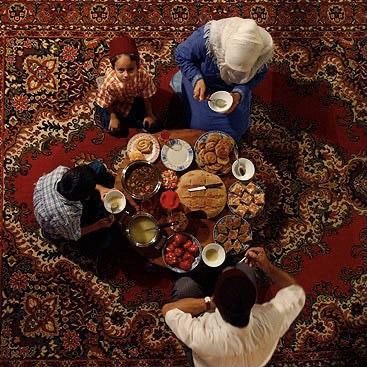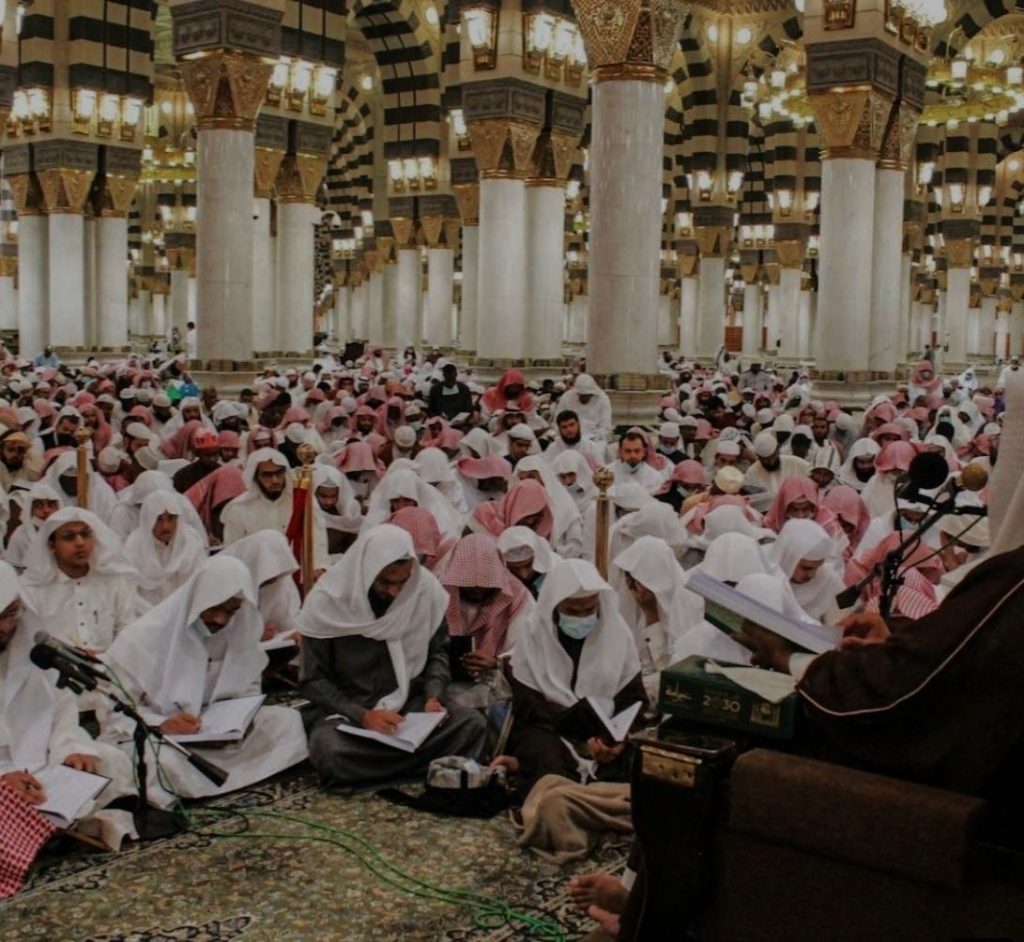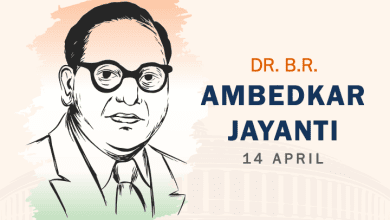What Exactly Is Ramadan? What Is The Significance Of This For Muslims?
In Islamic culture, Ramadan is the holiest month of the year. It’s a time for spiritual reflection and growth, as well as helping those in need and spending time with loved ones. It’s also the month when Muslims all across the world fast during daylight hours from dawn to dusk. Continue reading to learn more about Ramadan traditions and practices, as well as why it is so significant to the Islamic faith.
What exactly is Ramadan?
Ramadan is the Muslim lunar calendar’s ninth month. Muslims observe Ramadan commemorating the revelation of the Quran, the Islamic holy book, by an Angel Gabriel to Prophet Muhammad ﷺ (peace be upon him) in 610 AD. Which was revealed in a span of 23 years.
When is Ramadan?
Because Ramadan is based on the Islamic lunar calendar and moon cycles, the start and end dates vary from year to year. The sighting of the new crescent moon by religious leaders signals the start of Ramadan. Although Muslims wait for the new moon to appear before marking the start of Ramadan. It is expected to begin on April 03 and end on May 02 with the Eid al-Fitr festival. It normally lasts between 29 to 30 days, depending on when the new crescent moon is visible.

What is the major aim of Ramadan?
Muslims strive to grow spiritually and become closer to Allah and their loved ones during Ramadan. Between sunrise and sunset each day, they fast and abstain from eating, drinking, and having sexual intercourse during fasting. This includes abstaining from all immoral acts. Muslims spend time praying, reciting the Quran, and doing good deeds throughout Ramadan, which is also a time for unity and spiritual reflection. Giving (voluntary) charity is also highly encouraged during the holy month; Muslims pay 2.5 percent of their annual income in Zakat (obligatory) to the poor and needy.
During Ramadan, Muslims fast for a variety of reasons.
During Ramadan, fasting is significant because it allows Muslims to focus on their faith, get closer to Allah, and acquire patience and compassion. Rather than focusing solely on your physical body, it’s about fueling your soul. It’s also one of Islam’s Five Pillars, which form the basis for how Muslims spend their lives (the others are faith, five time prayers, charity, and pilgrimage to the holy city of Mecca). It’s a known fact that many scientific benefits have been also derived from fasting.

Fasting in Ramadan is one of the five pillars, or duties, of Islam, fasting during the month of Ramadan is mandatory for all healthy adult Muslims. Children who have not reached puberty, the elderly, those who are physically or mentally incapable of fasting, pregnant women, breastfeeding mothers and travelers are exempt.
What happens when Ramadan comes to an end?
The end of Ramadan is marked by a three-day feast known as Eid al-Fitr (the Festival of the Breaking of the Fast). It all starts when the first glimpse of the new moon appears in the sky. It’s a joyful occasion, with Muslims thanking Allah and enjoying the conclusion of their prayers and paying visits to loved ones and neighbours over the course of the three days. Then they gather with friends and family for a great traditional feast. Gifts are frequently given to children, and it is customary to donate to those in need. Ramadan is a time when Muslims from all around the world gather together to celebrate their faith as a sign of unity.






